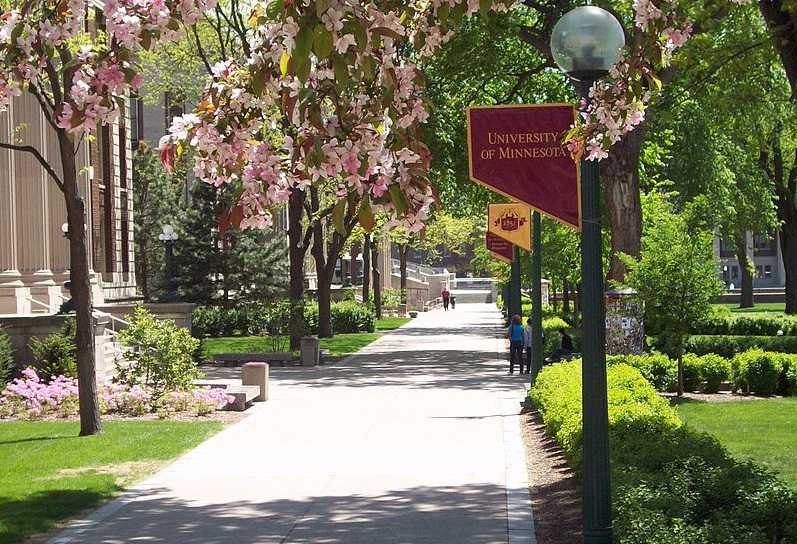
MINNEAPOLIS, Minn. — A pro-life organization has filed a lawsuit against the University of Minnesota, asserting that it is violating state law by using the bodies of aborted babies for medical research.
The Thomas Moore Society filed on Wednesday a petition for writ of quo warranto, or a motion to “stop a person or organization from doing something for which it may not have the legal authority.”
“The University of Minnesota is procuring and using human fetal tissue for transplantation research which it cannot do under statutory law,” the filing reads. “With an adopted policy that procures fetal tissue from out of state, the University is circumventing legislative intent under Minnesota Statute § 145.1621…”
The cited law states that a “hospital, clinic, medical facility, or laboratory may complete laboratory tests [on deceased babies] necessary for the health of the woman or her future offspring or for purposes of a criminal investigation or determination of parentage prior to disposing of the remains.”
The Thomas Moore Society says that this limits the circumstances for which research can be conducted—or purposes of assisting in the health of the woman or her future children, in participating in a criminal investigation or to determine the father of the child.
However, the University of Minnesota has a policy that “[u]niversity researchers may conduct research on the transplantation of human fetal tissue or cell lines derived from human fetal tissue for therapeutic purposes only.”
“The underlying issue here is whether Minnesota Statute § 145.1621 allows for testing on human fetal tissue for ‘therapeutic purposes.’ It does not,” the Society explains in its petition. “Therefore, the University of Minnesota, by the adoption of the policy at issue, is continuing to exercise an unauthorized usurpation of authority, and is violating the law.”
The organization also notes that the university obtained the remains of aborted babies through Advanced Bioscience Resources, Inc. of Alameda, California for at least a seven-year period.
“Likewise, Minnesota Statute § 145.1621 does not give the University of Minnesota any independent authority to procure human fetuses or human fetal tissue outside of the state of Minnesota to have them delivered to Minnesota for therapeutic research purposes,” the petition states.
The Society, along with several petitioners, are therefore asking the court to grant a hearing over the matter and enjoin the university from conducting further research on aborted babies outside of the confines of the law.
University officials insist that they have committed no wrongdoing.
“The board and administration obtained a thorough legal analysis of whether the university can conduct research utilizing fetal tissue in compliance with state and federal law,” spokesman Evan Lapiska said in a statement to the Star Tribune. “This included a review from independent, external counsel affirming that it does.”
A Congressional panel cited the University of Minnesota in its report on “The Transfer of Fetal Tissue and Related Matters.”
“The university had initially denied to journalists that fetal tissue research occurred on campus, but after a news outlet uncovered receipts of fetal tissue purchases, its spokespeople reversed course and admitted that such research had taken place,” it outlined.
“Following public disclosure of its practices, the university continues to procure fetal tissue, but it changed its policy to require such tissue to come from sources outside Minnesota and to provide for its disposal in the same way as donated human cadavers. The institution’s decision to cross state lines to procure fetal tissue appears to be an effort to avoid criminal liability under law.”
Become a Christian News Network Supporter...


